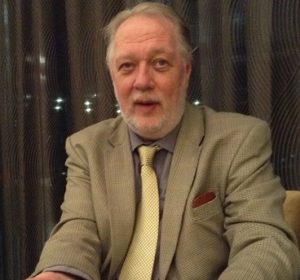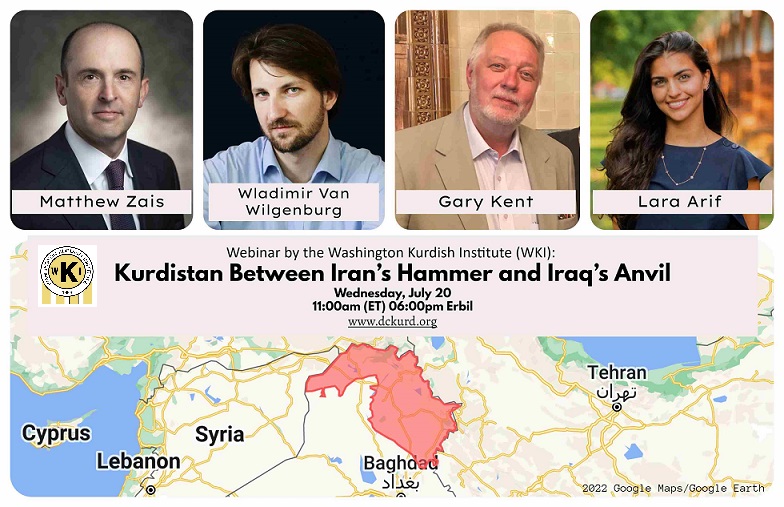Najmaldin Karim Webinar Series
Iran’s Islamic Revolutionary Guard Corps (IRGC) and their Iraqi proxies have launched several attacks on the Kurdistan Region of Iraq in recent years. US bases and, more recently, Kurdistan’s energy infrastructure have been the main targets of drone and rocket attacks. Following Kurdistan’s Independence Referendum in 2017, Iran launched a hidden war on the Kurdistan Region of Iraq. Attacks on Kurdistan intensified after Iraq’s parliamentary elections in 2021 and conversations about potential natural gas exports to Turkey and Europe.
Despite being in a constitutional vacuum, unable to form a new government, and facing countless governance issues, the Iraqi government moved aggressively to implement the “federal court” ruling against Kurdistan, ruling its oil & gas law unconstitutional.
What can Kurdistan do to protect its right to sell oil & gas? Will Iranian-backed parties stop attacking Kurdistan in an attempt to include Kurds in the next government in the absence of Moqtada al-Sadr? How are the Kurdish parties guaranteeing the constitutional rights of Kurdistan? Can the US play a role in mediating between Baghdad and Erbil? What can be done to minimize the role of Iran and its proxies?
Mattew Zais – Nonresident Senior Fellow at the Atlantic Council, former Principal Deputy Assistant secretary at the US Department of Energy
Wladimir Vanwilgenburg – Author of The Kurds of Northern Syria, Journalist, M.A. Conflict and Kurdish Studies
Gary Kent – Secretary in the UK Parliament of the all-party parliamentary group on the Kurdistan Region in Iraq
Lara Arif – Moderator, Research Assistant at the Washington Kurdish Institute (WKI)
About speakers





